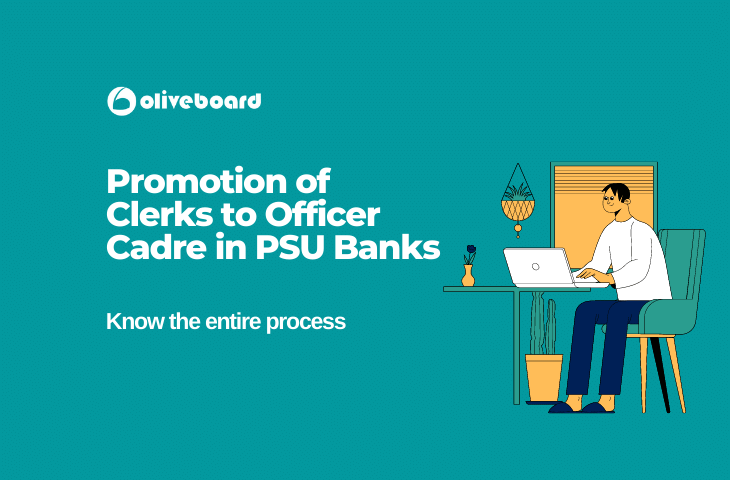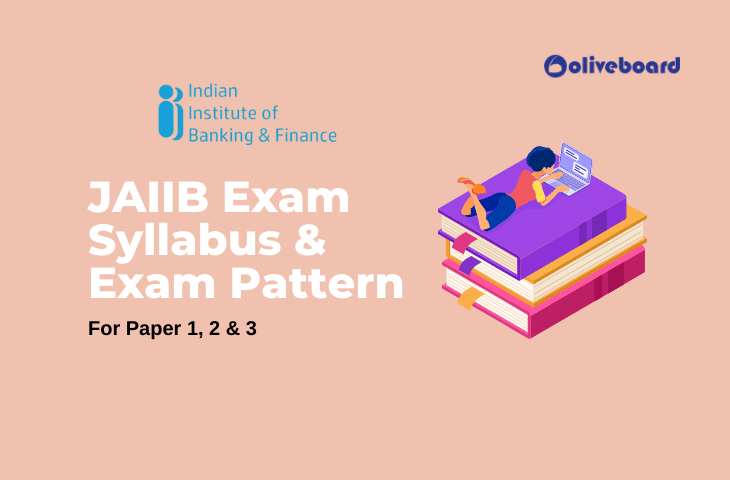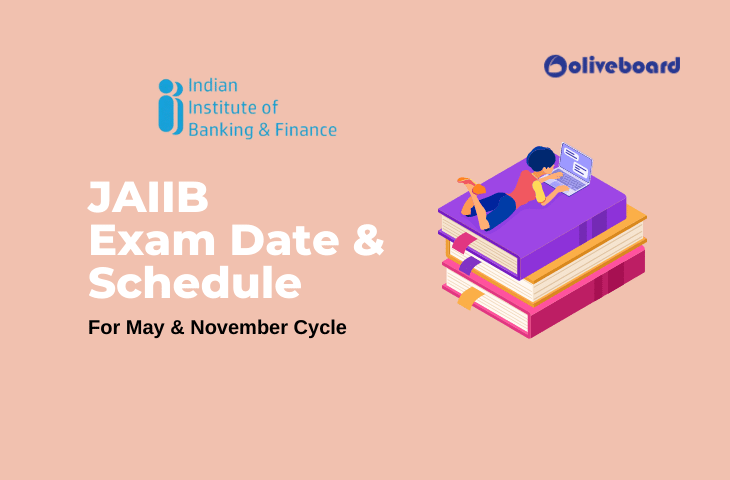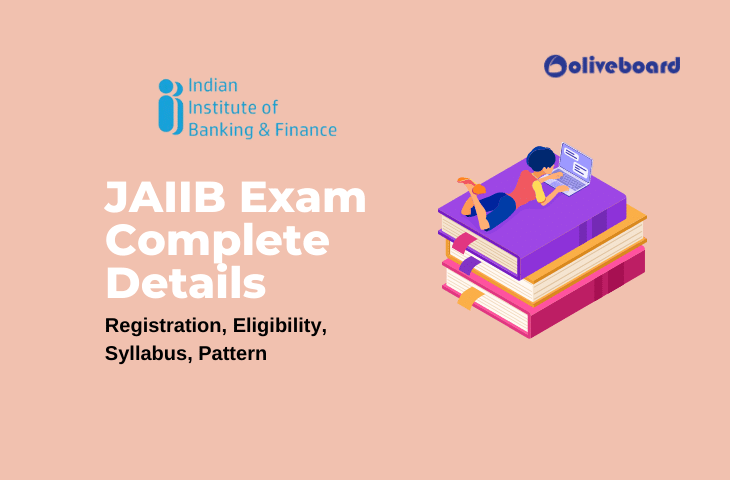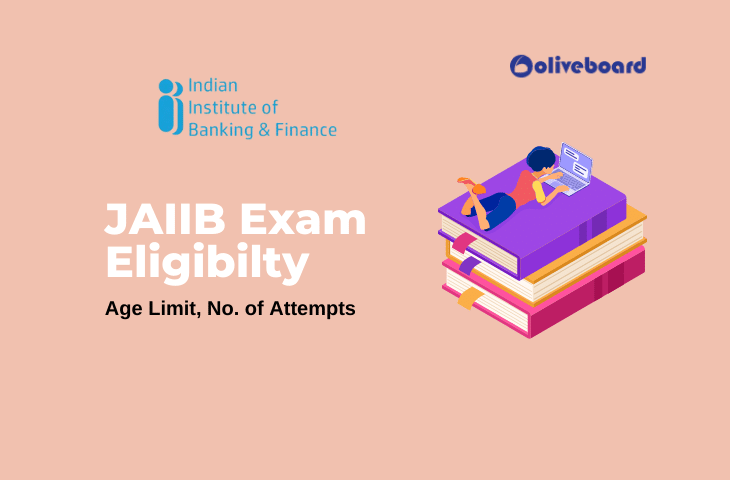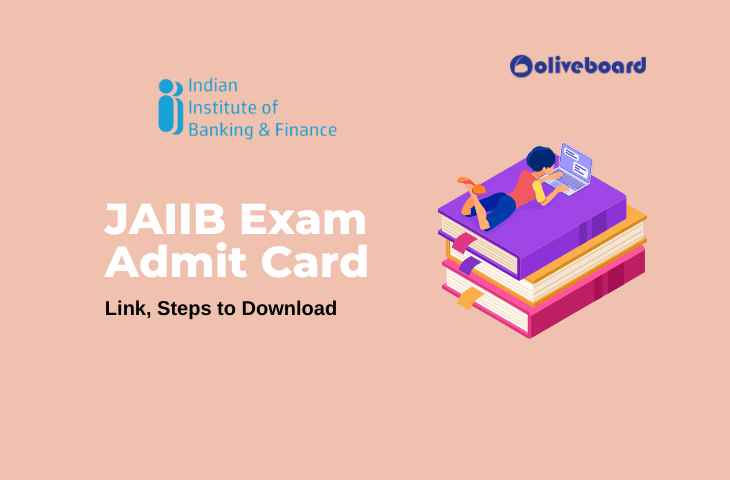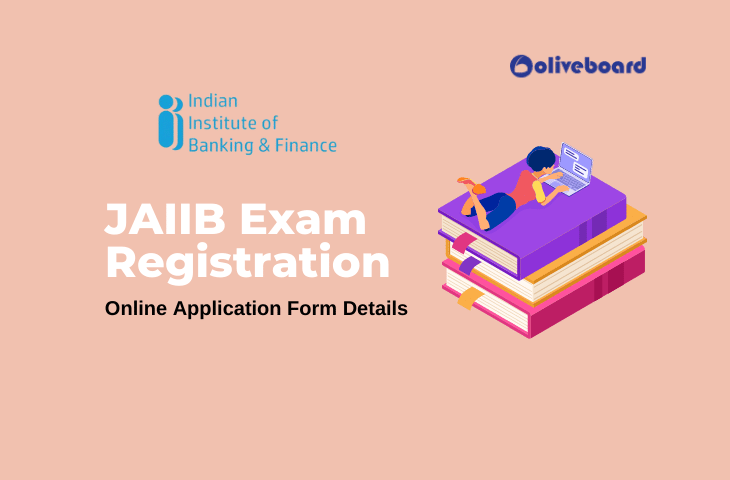Promotion of Clerks to Officer Cadre – Many banks conduct clerk recruitment exams, including IBPS, SBI, and others. Bank clerks are hired by public sector banks from all over the country every year. Candidates often get confused about what the promotion process is in PSU banks for clerks to officers.
Our article explains in detail the process of promotion from the clerical cadre to the officer cadre after being selected through IBPS Clerk, SBI Clerk, etc. It is important to understand how a clerk becomes a PSU bank officer and the requirements that must be satisfied. We have compiled a detailed article on the promotion process of clerical employees to officers in public sector banks after being selected through IBPS Clerk, SBI Clerk, etc. to clarify all your doubts. Let’s consider all the steps and requirements for how a clerk is promoted to an officer cadre in a PSU bank.
Eligibility Criteria for Promotion of Clerks to Officer Cadre in PSU Banks
- Candidates who wish to move from a clerical position to a managerial position in Public Sector Banks need to take part in the promotion test and exam.
- If you intend to join the Officer Cadre, you must undergo at least a period of two years of service as a Clerk in any nationalized bank in the country.
To promote a clerical employee to an officer, there are two routes:
- Normal/Seniority channel
- Merit/Fast track channel
Candidate selection is based on experience in banking services as well as performance in these two channels.
- The Normal/Seniority route involves passing a written exam and being selected for the position based on both the employee’s experience and seniority within the bank. There is no requirement to have a CAIIB or JAIIB diploma for this channeling process.
- Merit/fast track channel: Graduate/postgraduate degree, 2 years of clerking experience along with JAIIB or CAIIB diploma from the Indian Institute of Banking and Finance (IIBF).
After becoming a Probationary Officer (PO), there are seven different officer cadre levels:
- Scale 1 – Officer / Assistant Manager
- Scale 2 – Manager
- Scale 3 – Senior Manager
- Scale 4 – Chief Manager
- Scale 5 – Asst. General Manager
- Scale 6 – Deputy General Manager
- Scale 7 – General Manager.
Benefits of Clerical to Officer Promotion
- Clerical employees become officers the day after they are promoted.
- As a PO, you must serve one year on probation.
- Passing the JAIIB and CAIIB will result in three salary increments, one for the JAIIB and two for the CAIIB.
- The candidate will also be able to retain their home state after being promoted if they pass these tests.
- From the day of promotion, officers will be eligible for all benefits associated with their officer cadre, as well as certain benefits after their probation is over.
- Many employees who are promoted from clerical to officer status are based in their home states.
- Indian Bank offers officers a Staff Housing Loan of 50 lakhs, contrasted with its clerks’ 30 lakhs and its subordinates’ 20 lakhs.
Allowances & Perks for Officers
Allowances:
- The Dearness Allowance (DA) is reviewed every quarter by banks according to the Government of India’s CPI. Due to its reliance on the CPI, DA may increase in response to higher inflation, and vice versa.
- Special Allowance: Bank PO compensation structure has recently been revised to include a special allowance. It accounts for 7.75 percent of basic pay.
- House Rent Allowance (HRA): According to metros, big cities, and other locations, the percentage can vary from 9.0% to 8.0% or 7.0%.
- City Compensatory Allowance (CCA): Depending on where you work, the percentage might be anywhere between 4% and 3%.
This means that the total salary of a Bank PO (without HRA) is approximately Rs. 50000 after 11th Bipartite settlement. When HRA is taken into consideration, it becomes about Rs. 52000.
Perks:
- Leased Accommodation: This facility can be used instead of HRA by bank POs. Accommodation leased by banks on specific properties is known as Official Bank Lodging/Bank Quarter. You will be paid directly to the property owner who you have leased this property from and cannot receive the money in cash.
- Traveling Allowance: Many banks pay a fixed Traveling Allowance, but others reimburse their officers for their gasoline expenses, requiring them to own scooters, bikes, or cars where they are posted.
- Newspaper Reimbursement: One newspaper is reimbursed each month with a set amount.
- Medical Aid: The amount paid by most banks each year is a predetermined amount (Rs8000/- in the revised amount).
- The Benefits of the New Pension Scheme
Among the top questions, students often ask is how to become a PO from a bank clerk. After being selected as a clerk in public sector banks, candidates attempt to get promoted to officer status in order to enjoy the benefits of an officer. As mentioned above, you now know the exact steps to promote from a clerk to an officer in a PSU bank, as well as the benefits they may enjoy after being promoted.
Promotion of Clerks to Officer Cadre in PSU Banks FAQs
A Clerk is responsible for performing administrative tasks to support daily business operations in banks.
From the first day of the promotion, a clerical employee becomes a confirmed officer.
2. Only one year of probation as a PO is required.
3. Candidates who pass JAIIB and CAIIB will receive three increments (1 for JAIIB and 2 for CAIIB), resulting in an increase in their salary.
Candidates must have a graduate degree in any discipline from a University recognized by the Government of India. Candidates must know to speak, read and write the language of the particular state that they are applying for. The minimum age requirement for IBPS Clerk is 20 years and the maximum is 28 years.
- JAIIB Exam Syllabus & Pattern – List of Topics to Prepare
- JAIIB Exam Date – For May & Nov Exam Cycle
- JAIIB Exam – Eligibility, Schedule, Registration Details
- JAIIB Eligibility Criteria – Age Limit, No. of Attempts
- JAIIB Admit card – Steps to Download and Updates
- JAIIB Registration & Apply Online – Steps to Fill the Application Form

The most comprehensive online preparation portal for MBA, Banking and Government exams. Explore a range of mock tests and study material at www.oliveboard.in
